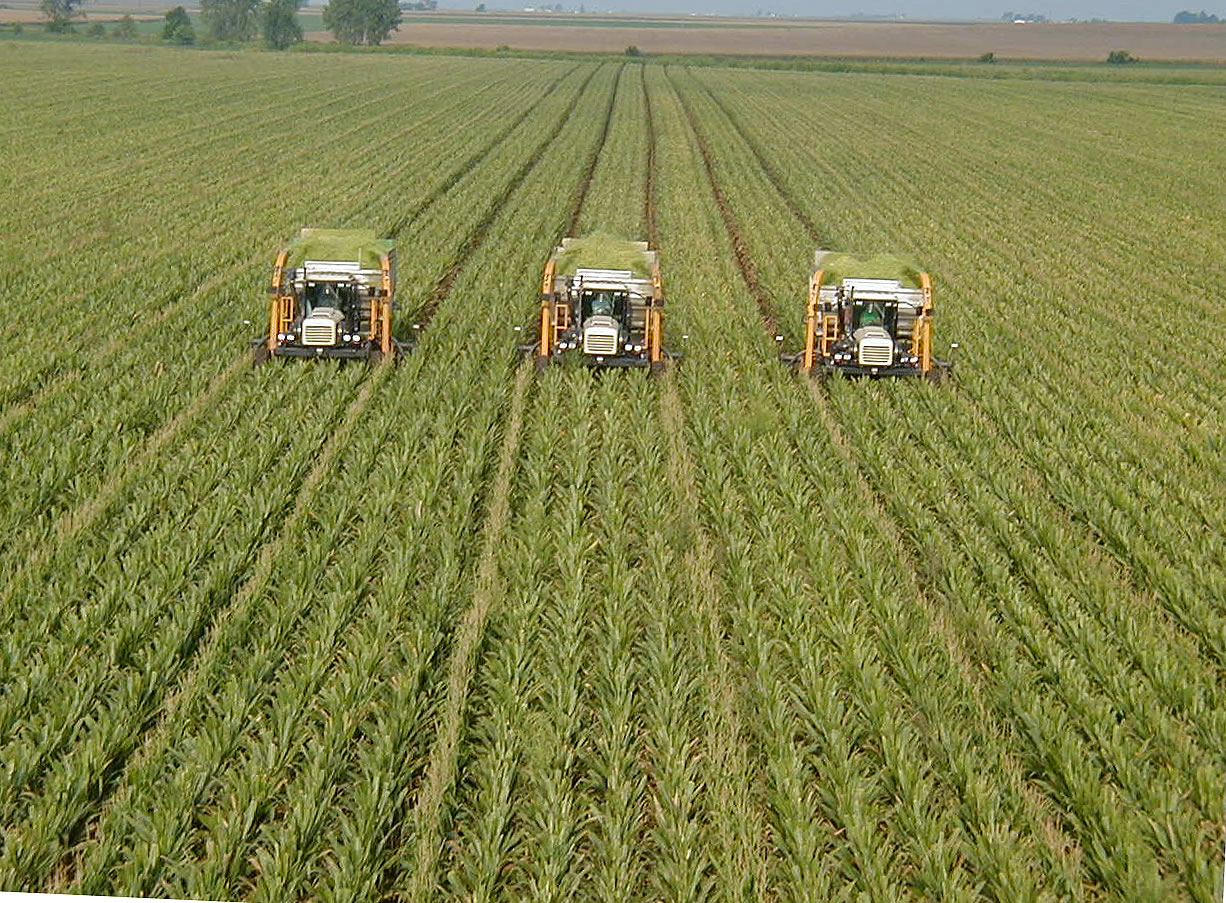Abdul Rauf
For several reasons, agriculture plays a critical role in ensuring economic stability and fostering growth. Firstly, it is a significant contributor to the overall GDP of many countries, especially those with agrarian economies. The agricultural sector provides employment to a large portion of the population, particularly in rural areas, thus reducing unemployment and poverty. Additionally, a thriving agricultural sector can lead to increased food security, which is essential for the overall stability of a nation.
Moreover, agriculture is often interconnected with other industries such as food processing, transportation, and agro-based industries. A robust agricultural sector can stimulate growth in these related industries, thereby contributing to the overall economic development of a country.
Furthermore, agriculture is a source of raw materials for various industries, including textiles, pharmaceuticals, and biofuels. By promoting value addition in the agricultural sector, countries can enhance the competitiveness of their products in the global market, leading to increased export earnings and foreign exchange reserves.
In essence, the importance of agriculture for economic stability and growth cannot be overstated. It serves as a foundation for sustainable development, rural prosperity, employment generation, and overall economic resilience. Therefore, investing in agricultural development and promoting value addition in the sector is crucial for ensuring long-term economic stability and growth.
In recent years, Pakistani farmers have been grappling with significant losses in key crops like wheat, rice, maize, sesame, and cotton. This alarming trend has been attributed to a variety of factors, including climate change, ineffective agricultural policies, lack of modern technology, and a deficient market system. As a result, farmers are often shortchanged, receiving less than the full value of their produce due to the dominance of middlemen and large traders in the market.
It is crucial for farmers to shift their perspective and start viewing farming as a business rather than just a profession. By concentrating on the better processing of raw agricultural products through value addition, farmers can significantly boost their market value and profitability. Value addition, which involves processing raw agricultural products to increase their worth, presents a promising opportunity for farmers to secure higher profits.
Countries like Bangladesh, India, Vietnam, and China have made significant progress in value addition, particularly in the textile industry. However, Pakistan’s performance in this area has been inadequate, with a predominant focus on exporting raw materials rather than value-added products. This highlights the urgent need to promote value addition in Pakistan.
To address this, it is crucial to provide training to farmers in modern agricultural techniques and processing methods. The government should implement supportive policies and incentives, including financial assistance, tax incentives, and modern research facilities to promote value addition. Access to modern technology and machinery is essential to improve the quality and quantity of products.
Challenges such as lack of investment and modern technology, as well as limited access to global markets, hinder the promotion of value addition in Pakistan. Cooperative farming and corporate farming are vital strategies that can help promote value addition by reducing costs, enabling joint investment, and enhancing the processing and packaging of products.
In conclusion, promoting value addition in agriculture and industry is not just a matter of economic stability but also a shared responsibility. It is crucial for stabilizing Pakistan’s economy and providing lucrative opportunities for farmers and industrialists. A collaborative approach among the government, farmers, and industrialists is essential to implement practical measures that promote value addition, stabilize the economy, ensure fair compensation for farmers, and elevate the standing of Pakistani products in global markets.
















